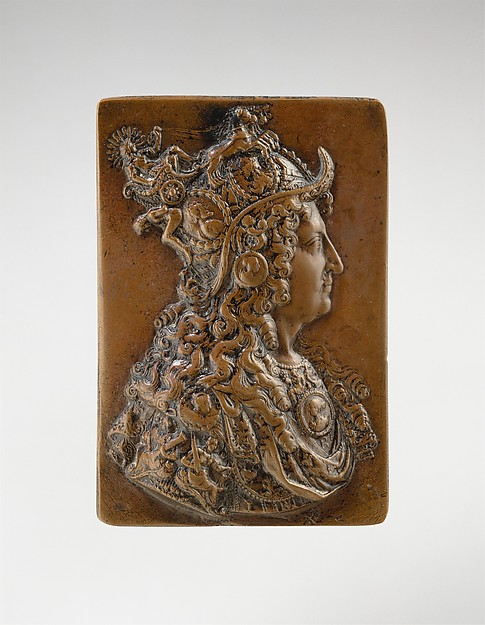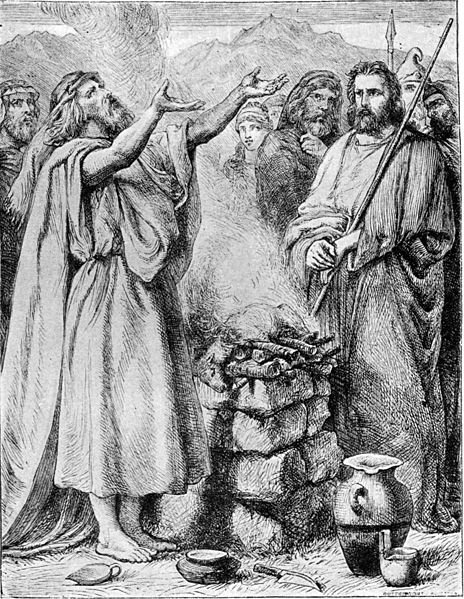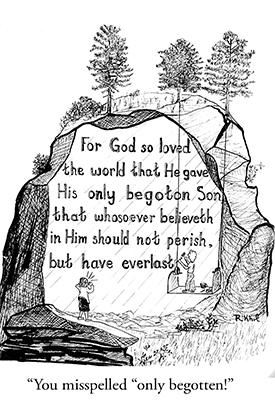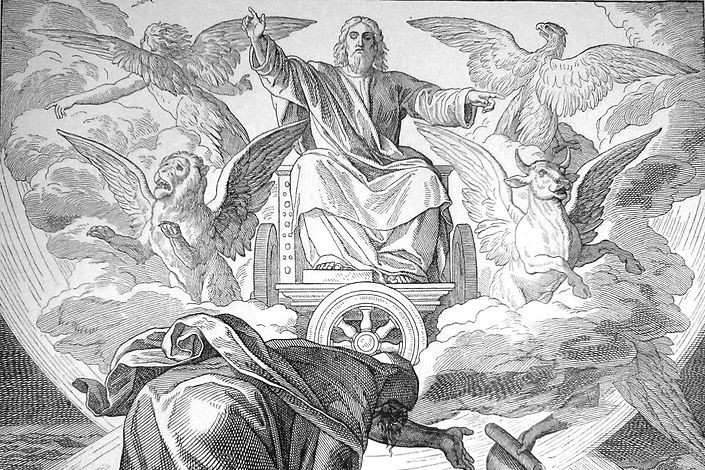…of whom are the fathers and from whom, according to the flesh,
Christ came, who is over all, the eternally blessed God. Amen.
Romans 9:5
The person who tells you what to do at work is your boss. Whoever that person answers to is your boss’s boss. And whoever the CEO is accountable to is he/she who is over all.
All authority is traced back to God. Everybody is told what to do by someone else, even presidents and kings. If they don’t listen to the higher-ups, the same thing happens as to any incompetent employee: They get fired.
Many people see having authority as having great privilege, since those in charge seem to have higher salaries, more power, and what seem to be easier jobs. However, what is usually the case is that being the boss requires more responsibility, longer hours, and greater risks. Everybody would want the job of Chief Executive, if there were only the perks and none of the effort.
Jesus Christ is He Who is Over All. In other places, the Lord is called “Head of Every Man” (1 Corinthians 11:3) and “Head Over all Things” (Ephesians 1:22). These, of course, are impressive titles, but they are pretty much meaningless if He can’t give someone consequences for his/her actions or rewards for doing the job well.
Everyone gets called into the Big Boss’ Office at the end of their shift on earth. Those who never respected, obeyed, or acknowledged their Creator must stand before Christ at the Great White Throne of Judgment. All those who never had the Spirit of Christ in them are let go – into the lake of fire.
“Believer of the month awards,” crowns of righteousness, and company-owned mansions are awarded at the judgment seat of Christ to all those who have done well and are faithful. Some servants won’t get much because they never did much for Him who is Over All.
February 9









